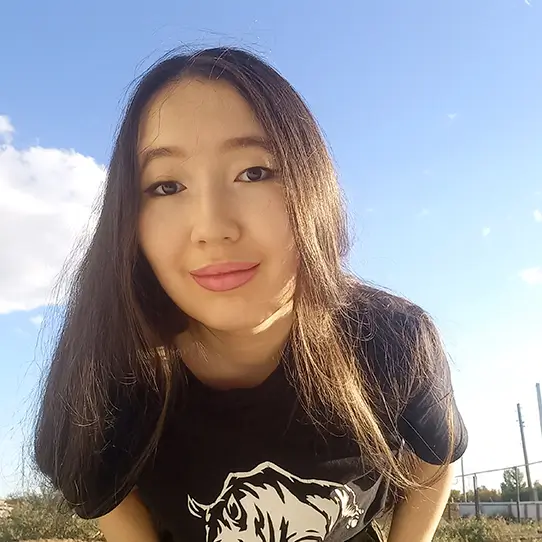“I wanted to help fight bullying because I experienced it in school too.”
— Assel, have you volunteered before? Tell us what projects you managed to participate in.
— When I was studying in Almaty at the Faculty of International Relations. I am a regional studies and military interpreter by specialty. From time to time I volunteered at marathons (for example, at the Almaty Marathon), then at various international/republican events. And in 2020, when the coronavirus pandemic started, I joined UNICEF Kazakhstan projects. I started with the #PaidasyBarQuarantine program. The BeKind program was dedicated to combating bullying and cyberbullying. We conducted online lessons on this topic. Within the Plastic Free Kazakhstan project, I taught children how to minimize the use of plastic. The BeGreen project was dedicated to promoting respect for nature and developing “green” skills among schoolchildren. There I was a mentor and a volunteer of the project.
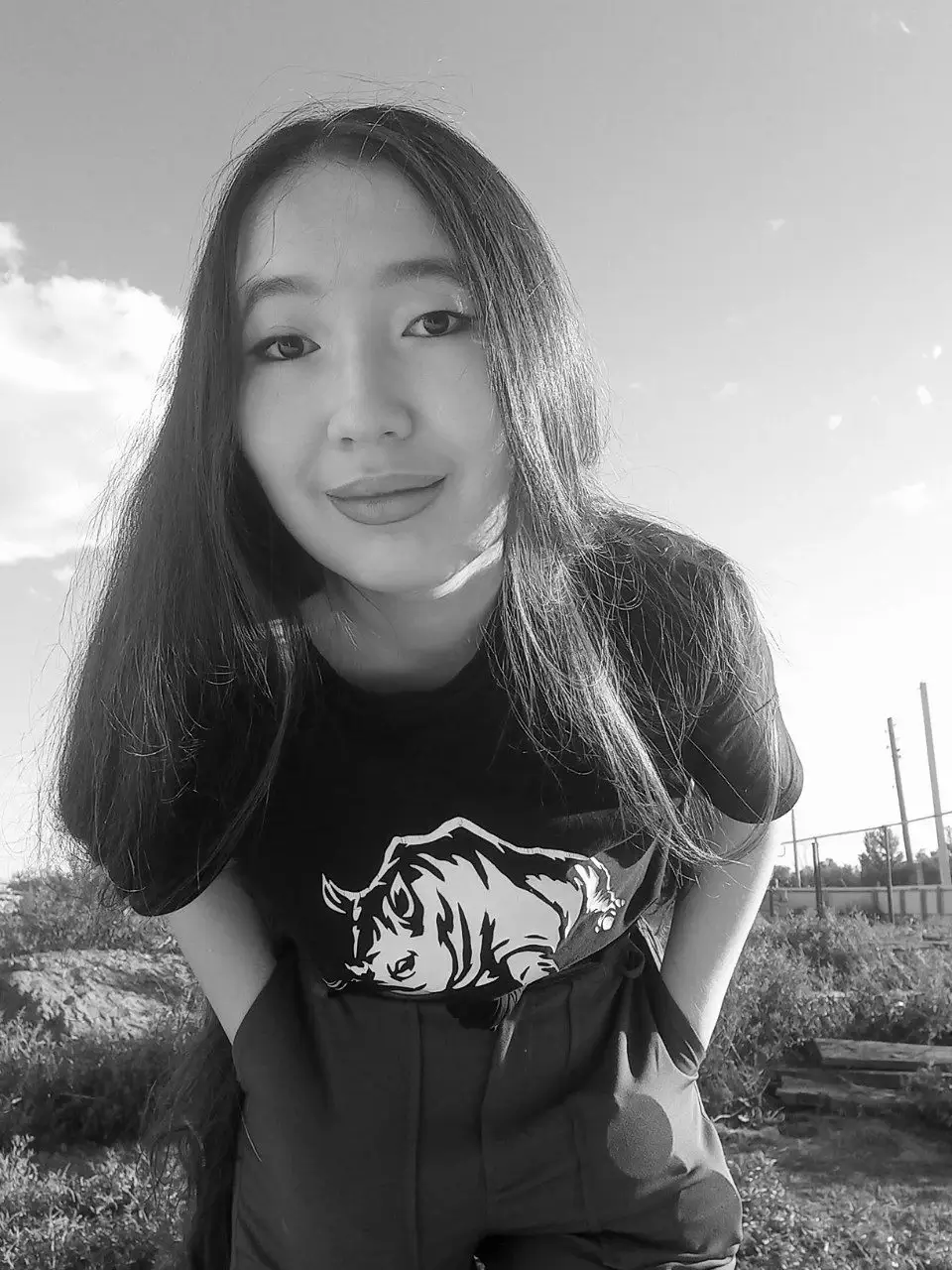
— So you worked with children?
— Yes, I conducted lessons, called teachers, principals, and officials. We agreed to hold lessons, solved all sorts of questions so that we could successfully teach in schools. In general, it happened by chance: I was first attracted to the BeKind project. I wanted to help fight bullying because I also experienced it at school. This is my childhood trauma. It is a pity that there were no such projects when I was studying.
— “Angels of Freedom” is not such a well-known project, it doesn’t have a huge UNICEF organization behind it. How did you find out about it?
— It all started when I found friends from Ukraine in a language learning app. We practiced English together, and now we are friends. We have been communicating for 2 years. For me, they are my relatives. They find strength in themselves to support me despite the fact that there is a war in their country. Thanks to them I realize how important it is to appreciate everything I have. I see how hard it is for my friends morally and emotionally. I also try to help them as much as I can. I have been actively learning Ukrainian for more than half a year. They help me with practice, tell me about Ukrainian culture, traditions and the country in general. I listen to Ukrainian songs, podcasts and I love everything that is connected with Ukraine. I even painted a shopper with my own hands as a sign of my support. I have a goal to go to Ukraine and volunteer there in the near future.
After the full-scale invasion of Ukraine by Russian troops began, I wanted to support my friendsʼ homeland in some way. I found the Instagram account of Help Ukraine Market and bought a large Ukrainian flag there. Then I went to the accountʼs taplink and saw a link to Angels of Freedom. I read about the project. It turned out that volunteers are needed. I sent an application and started working at the beginning of 2024.
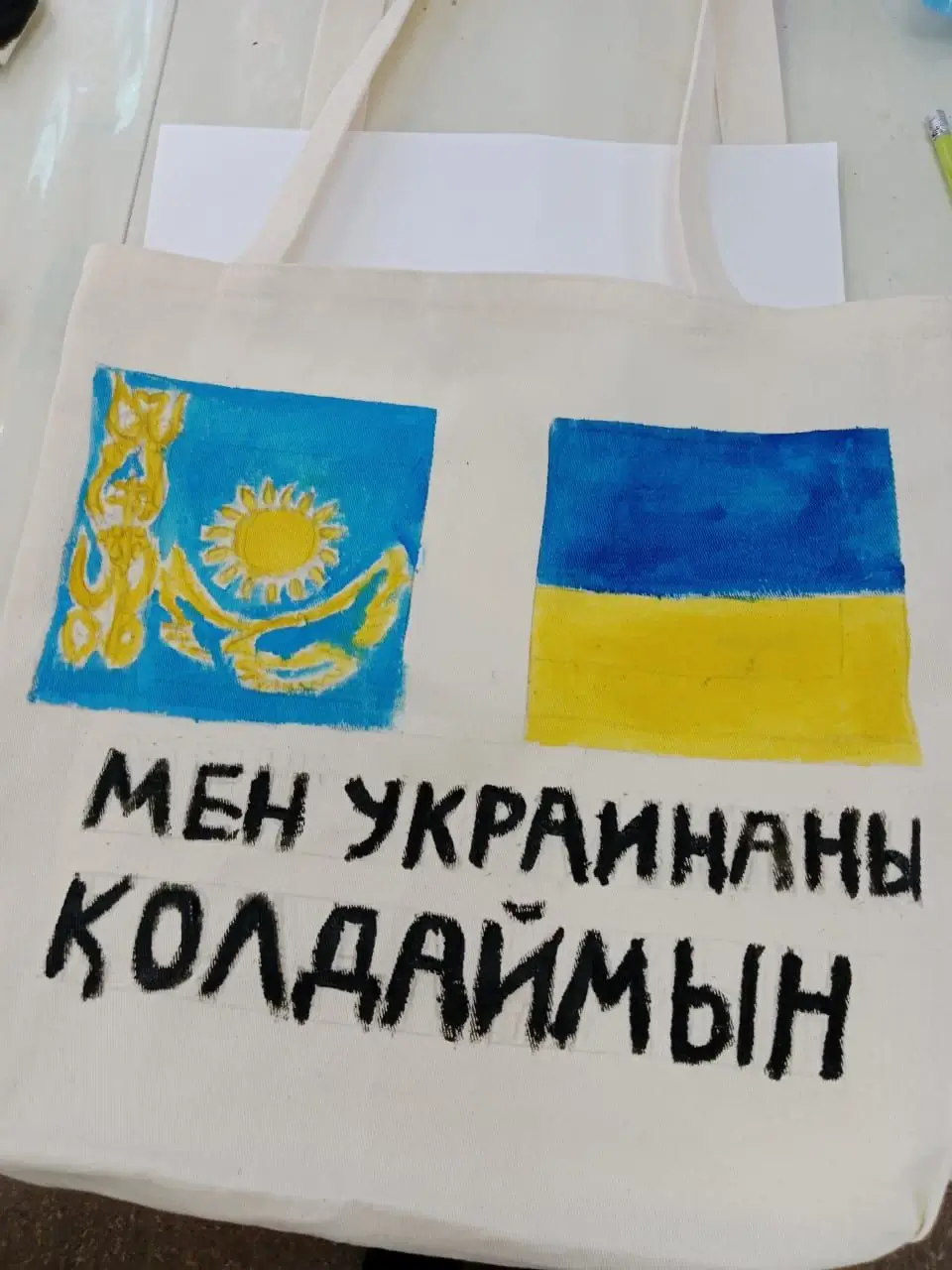
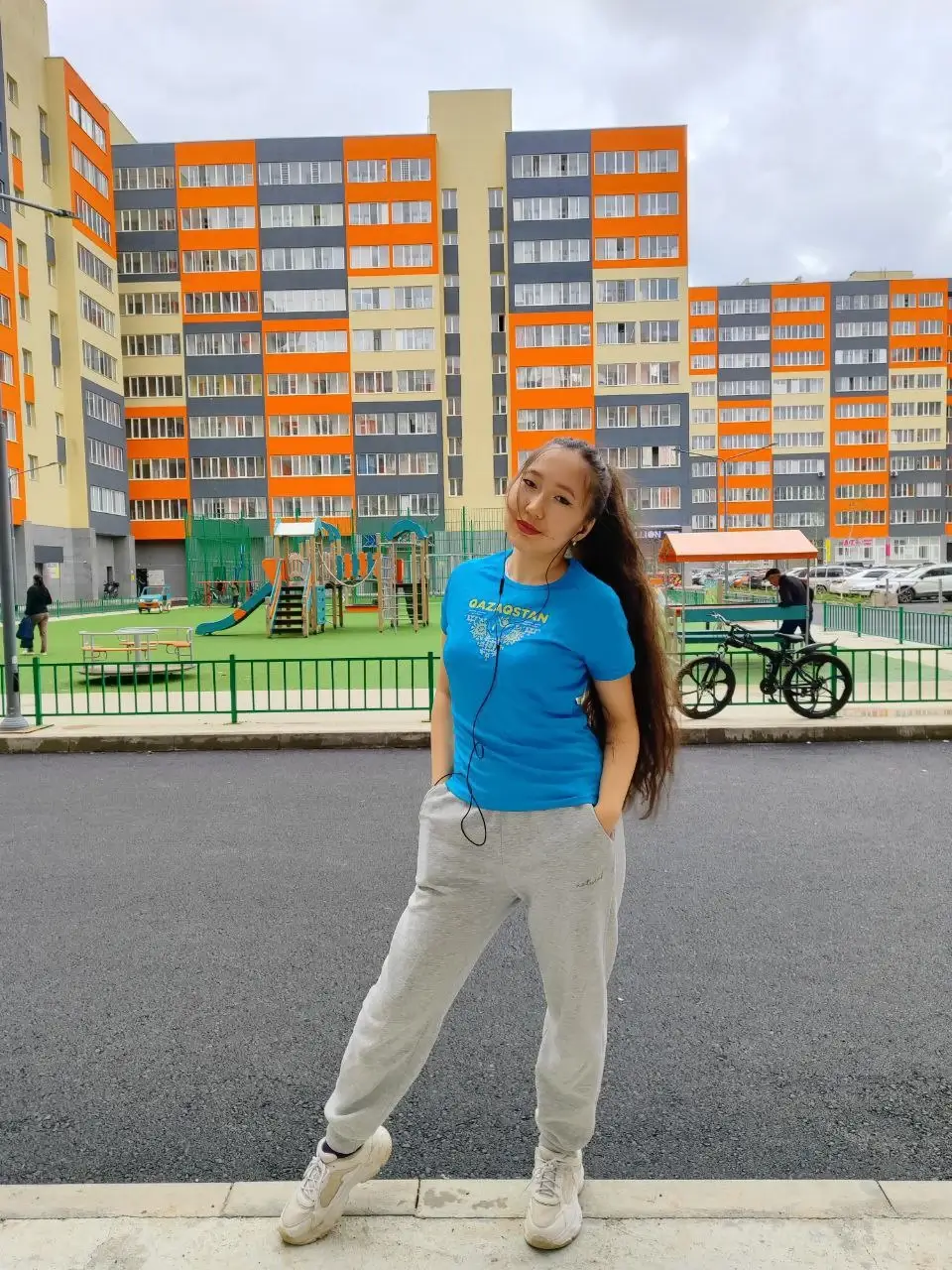
“Iʼm a perfectionist, and can improve each video for hours.”
— What do you do for the project?
— I started with translations into Kazakh. Then during weekly calls I shared that I was running TikTok, and I was offered to develop the “Angels of Freedom” account. I accepted.
— Do you manage to combine it with your main job?
— I do. But it takes quite a lot of time. First of all, I donʼt have a very good internet connection here. Secondly, Iʼm a perfectionist. I can sit on one video for a long time and improve it endlessly. I donʼt shoot it myself. I take a video, edit it, edit it, add subtitles and music.
— How do subscribers react?
— We have a video that has gotten 45 thousand views. There are a lot of comments, but 99% are positive. It makes me very happy. The support of Kazakhstani people is inspiring. We have a lot in common with the Ukrainian people, and peopleʼs reaction only confirms it. In our country there were floods in spring in several regions, but still people found strength to support Ukrainian schools.
Unpleasant comments surprise me. Even shock me. Itʼs just obvious to me. And people are susceptible to propaganda, do not check facts, do not use critical thinking.
— Can that be changed, do you think?
— I think yes, it can. It would be great if schools and universities introduced lessons in critical thinking, fact-checking. People should be taught to distinguish truth from fake.
I was lucky. At university I wrote analytical papers in which I had to check facts. I got so used to analyzing information and drawing conclusions.
“There is no culture of long-term volunteering in Kazakhstan. I would like to change that”
— Do you meet people in your life who criticize your activities?
— Fortunately, no. My family supports me. Relatives, acquaintances are surprised. They donʼt understand. They ask: why do you need it? What do you get in return?
— What do you say?
— I tell them I just want to volunteer. I like to help people. Volunteering helps me to somehow influence the situation, to reduce my anxiety. Thanks to my work in the Foundation, I feel that I am not sitting idly by, and my actions at least a little bit help children in Ukraine to be safe. Still, many people do not understand, of course. But water sharpens stone. Once they hear about volunteering from me, then they read about it on social networks. We just donʼt have a culture of long-term volunteering in Kazakhstan, they donʼt write and talk about it much. Especially in the regions. I would like to change this. In Europe and the USA, for example, schoolchildren often volunteer and mention it in their motivational essays for entering universities. This is considered an advantage.
Still, our people are kind. We helped those affected by floods. When disaster strikes, we unite. They know about the war, but they donʼt know about the need for shelters from bombing. So my contribution is to tell the people of Kazakhstan how they can help.
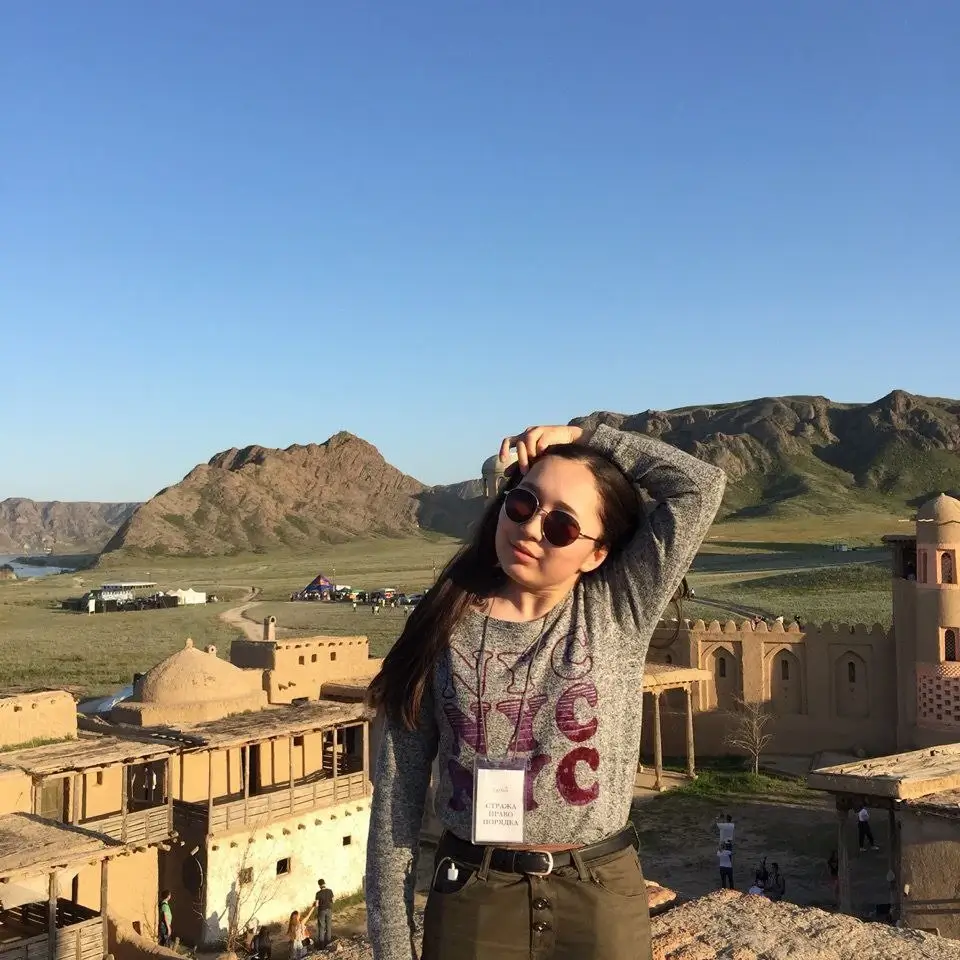
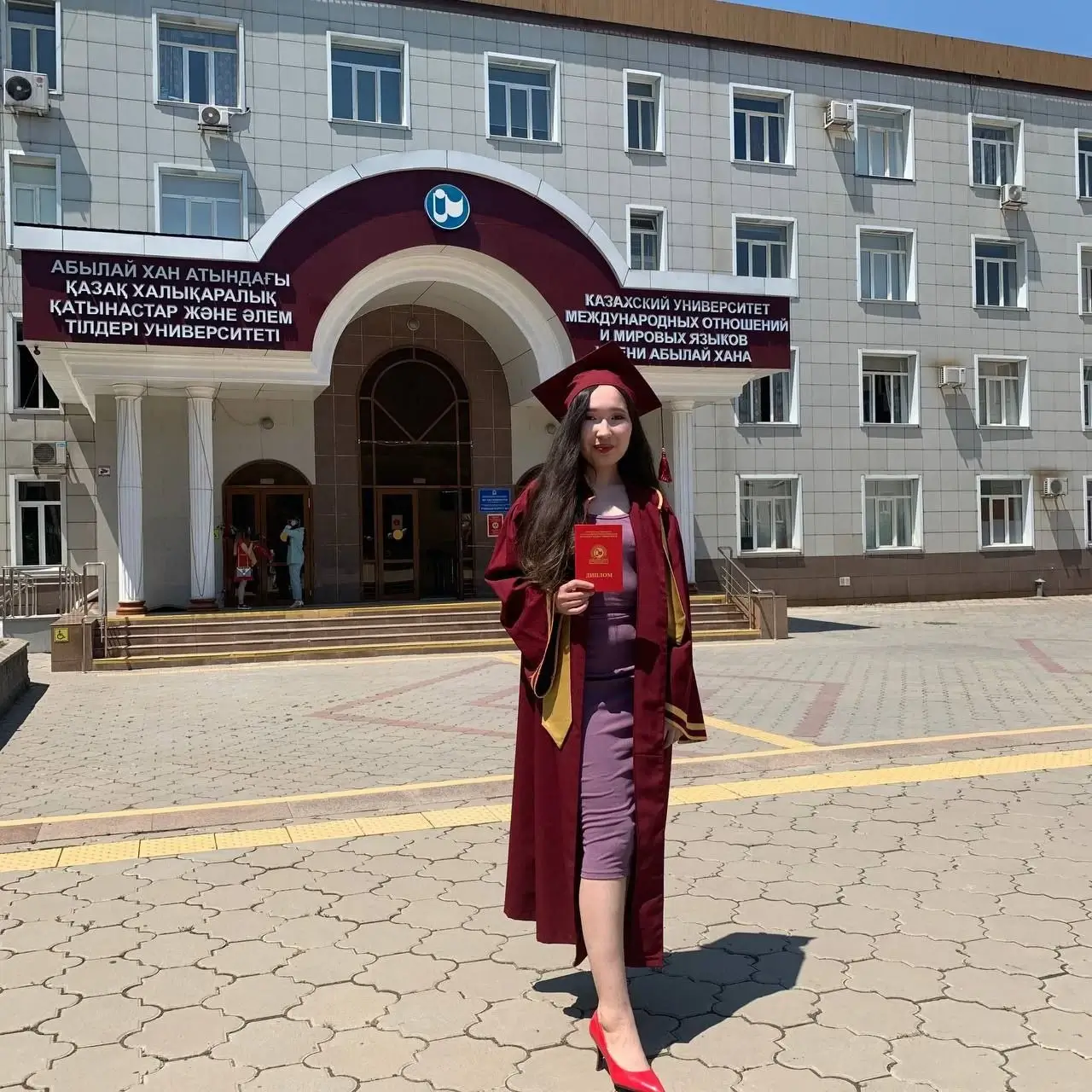
— Do you ever get tired? Where do you get your strength?
— Yes, it happens that I get carried away, work a lot, and then I get tired. Then there are fewer ideas for videos. This affects the number of likes and comments. And, of course, my mood.
I tell myself then: this is all I can do at the moment. This is all I can do to help. At least Iʼm doing something, and I am not sitting idly.
Every action counts. A like, a repost, a donation of 500 tenge — it all matters. There is no need to devalue small good deeds — they make up an ocean of help.
— What is “Angels of Freedom” for you?
— A community of kind and caring people. Even remotely, I feel strongly that I belong to it. I havenʼt managed to meet the team in person yet, so Iʼm looking forward to holding a toloka in Uralsk or going to the fair.
